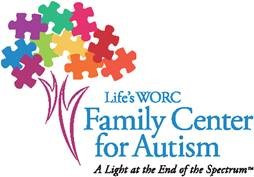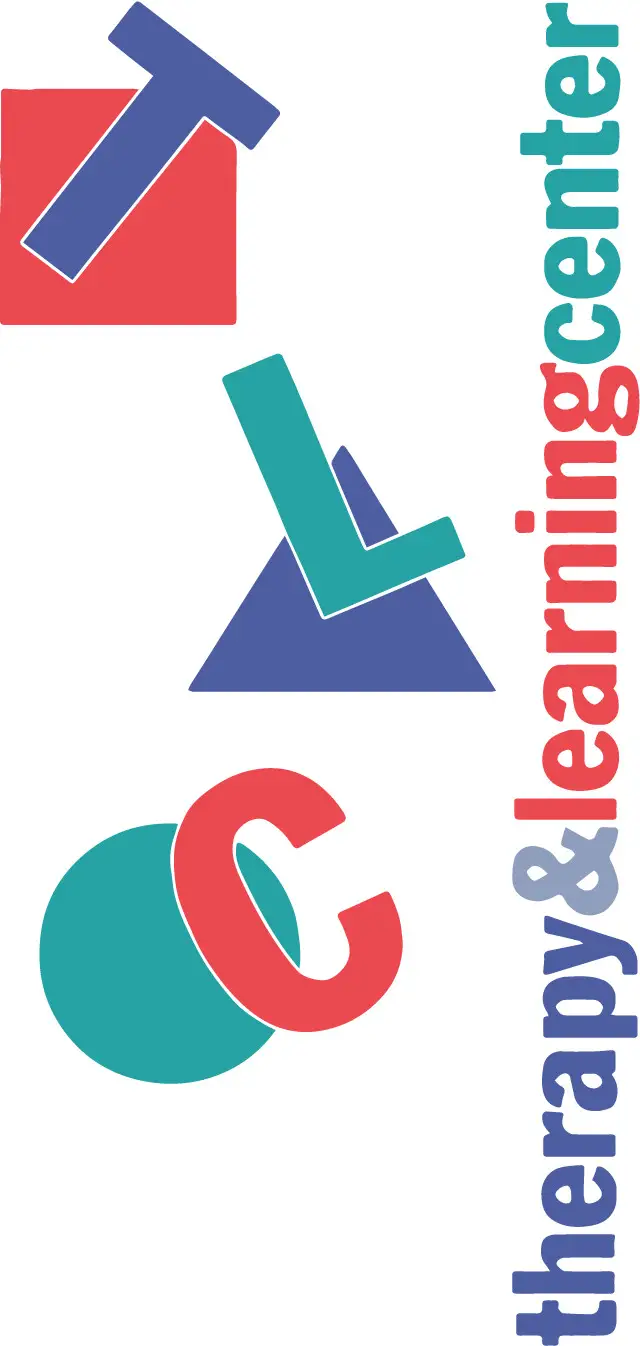
Does My Child Have a Learning Disability?
If you suspect your child might have a learning disability, here's how to start planning.
Get kid-friendly activities sent to you!
Get the Best Family Activities
Start by talking to your child’s teacher, Maltz says, and other professionals involved in your child’s life—school specialists, mental health professionals, and tutors. And if a teacher says your child is fine, but your gut tells you he is not, you should still proceed in getting help. Another tip? If you don’t have one already, get your child a tutor. Tutors working 1-on-1 with children helps tremendously in terms of skills and confidence, Maltz says, and you can always switch to a tutor who specializes in a specific learning disability, if necessary, after your child is evaluated.
Asking for an Individualized Education Program Evaluation
If interventions have not helped your child progress, you have every right to ask for an IEP evaluation. The biggest factor in a successful evaluation and IEP formation is communication.
“Two things parents should think about: advocacy and trust,” Maltz says. “An IEP is the most beneficial way for students to get the services they need in order to learn successfully in the classroom. And parents need to be involved in every part of the process.”
Your district’s head of the Committee on Special Education should be listed on the school district website. Make your request to have a CSE meeting in writing. Ask for a full evaluation for your child—educational, psychological, speech and language, and occupational and physical therapy, if necessary. While you can pay for a private evaluation by a psychiatrist, psychologist, or neurologist, it’s very expensive and many evaluators don’t take insurance, Maltz says. Even if you decide to evaluate privately, get a school evaluation done anyway. It’s free and having more information can only help.
When going through an evaluation, ask questions. Know who is conducting different parts of the evaluation and where it will take place—some kids will benefit from seeing the testing room before the evaluation. And always make sure your child has gotten a good night’s sleep and had a healthy breakfast before testing, Maltz says.
Throughout your child’s evaluation and beyond, especially if she is classified, remain her supporter and cheerleader, Maltz says. Encourage him to take an active role in understanding his learning disability and advocating for himself. Many students have recently started attending their IEP and CSE meetings. If your child understands his IEP, he can notice when standards are not being met in the classroom.
“It’s important to remember, also, that it is not [you] and your child against ‘the system,’” Maltz continues. “Everyone sitting at the table [during a CSE meeting] does want what’s best for your child so [she] will become an independent learner in the future. And when you go in prepared, it’s a different ballgame.”
Maximizing Your Child’s Individualized Education Program
Your child’s IEP should be responsive and supportive, says Colin Montgomery, family educator at INCLUDEnyc. The program usually includes two sections: The Present Levels of Performance discusses your child’s current academic standing, strengths and areas that need work, and social and physical development. The Measurable Annual Goals section outlines the skills your child needs to build upon to reach his goals. The IEP should also note the following:
-
The area(s) the student is struggling and the goal(s) or intervention to help her progress in that area
- The family should have a clear understanding of how they can reinforce support at home.
- For learning disabilities, teachers should break down instructions into clear steps, organizational tools, and checklists; prioritize foundational skills that students are lagging in [like phonics in reading] while also providing support in grade level standards.
- Organizational tools, like graphic calculators and checklists, that can help students access the grade level curriculum
- For writing, teachers should use modeled examples and tools that help with each step of the writing process.
- Executive functioning skills (and which tools can help) should be mentioned if they are an issue for your child.
Remember that your goal is to give your child the skills for everyday life, not just get her to grade level, says Cassie Reilly, the transition coordinator at Northport High School. It’s about understanding what she can do and helping her reach her potential.
RELATED: Helpful Coronavirus Homeschooling Tips for Parents






